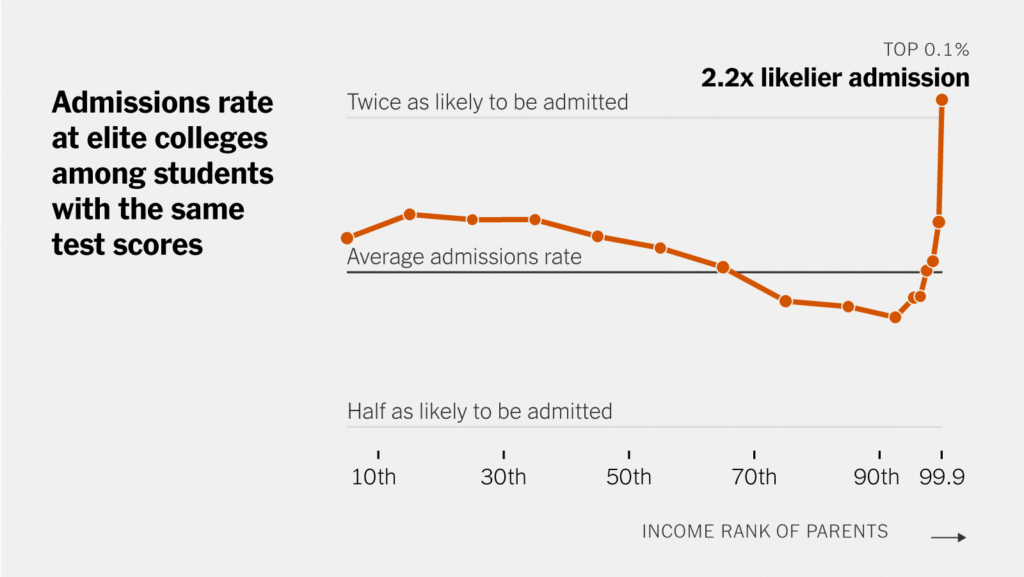The college admissions process can feel like a daunting maze, filled with seemingly insurmountable hurdles. One question that often plagues prospective students is whether do colleges look at what high school you went to. While the prestige of a high school might seem like a significant factor, it’s crucial to understand that admissions committees consider a multifaceted approach when evaluating applications. This article will delve into the various factors that influence college admissions decisions, shedding light on the true weight given to high school background.
This article will explore the key elements that shape college admissions, starting with an overview of the holistic review process. We’ll then examine the role of academic performance, standardized test scores, extracurricular activities, and essays in crafting a compelling application. Finally, we’ll discuss the significance of high school prestige within this broader context, providing you with a comprehensive understanding of what truly matters to college admissions officers.
College Admissions Factors
College admissions committees employ a holistic review process, meaning they consider a wide range of factors beyond just grades and test scores. This approach aims to create a diverse and well-rounded student body, recognizing that academic success is influenced by various personal experiences and circumstances.
Each application is evaluated individually, with careful consideration given to the applicant’s unique strengths and potential. Admissions officers seek students who demonstrate intellectual curiosity, a passion for learning, and a commitment to making a positive impact on the world. They look for individuals who are not only academically capable but also possess strong character, leadership qualities, and a willingness to contribute to the campus community.
The holistic review process allows colleges to identify students who will thrive in their specific academic environment and contribute meaningfully to the overall student body. It acknowledges that there is no single path to success and that diverse backgrounds and experiences enrich the learning experience for everyone.
High School Prestige
While high school prestige can sometimes carry weight in the admissions process, it’s far from being the sole determining factor. Colleges understand that academic performance can be influenced by various factors beyond the resources and reputation of a particular high school.
Admissions officers recognize that students attending less prestigious schools may face unique challenges and overcome obstacles to achieve academic success. They value resilience, determination, and a commitment to learning regardless of the educational environment. Ultimately, colleges seek students who demonstrate their potential for growth and success within their specific program, rather than simply relying on high school rankings as a measure of merit.
Academic Performance
Academic performance remains a crucial factor in college admissions decisions. Colleges want to ensure that admitted students have the necessary foundation to succeed in their rigorous academic programs. Grades serve as a primary indicator of a student’s ability to handle challenging coursework and demonstrate intellectual curiosity.
Admissions officers often look beyond GPA alone, considering the rigor of the curriculum and the student’s performance within specific subject areas relevant to their intended major. They also consider factors such as improvement over time, demonstrating a commitment to academic growth and learning. A strong academic record showcases a student’s dedication to their education and their potential for success in college.
Standardized Test Scores
Standardized test scores, such as the SAT or ACT, continue to play a role in college admissions decisions, although their importance is evolving. While these tests can provide a standardized measure of academic ability, colleges increasingly recognize that they do not capture the full range of a student’s talents and potential.
Many institutions are now offering test-optional admission policies, allowing students to choose whether or not to submit their scores. This shift reflects a growing understanding that standardized tests may not accurately reflect all aspects of a student’s academic preparedness. Colleges are placing greater emphasis on other factors, such as grades, essays, and extracurricular activities, to gain a more holistic understanding of each applicant.
Extracurricular Activities
Extracurricular activities provide valuable insights into a student’s interests, passions, and leadership qualities. Colleges seek well-rounded individuals who actively engage in activities beyond the classroom.
Participating in clubs, sports, volunteer organizations, or other extracurricular pursuits demonstrates a student’s commitment to their community, their ability to work collaboratively, and their pursuit of personal growth. These experiences can also showcase unique talents, skills, and leadership abilities that may not be evident solely through academic performance.
Conclusion
The college admissions process is multifaceted and holistic, considering a wide range of factors beyond do colleges look at what high school you went to. While high school prestige can play a role, it’s far from being the sole determining factor. Admissions committees prioritize academic performance, standardized test scores, extracurricular activities, and personal essays to create a diverse and talented student body.
Ultimately, colleges seek individuals who demonstrate intellectual curiosity, a passion for learning, and a commitment to making a positive impact on the world. By focusing on your academic achievements, exploring your interests through extracurricular activities, and crafting compelling essays that showcase your unique strengths, you can create a successful college application that highlights your potential for success.



